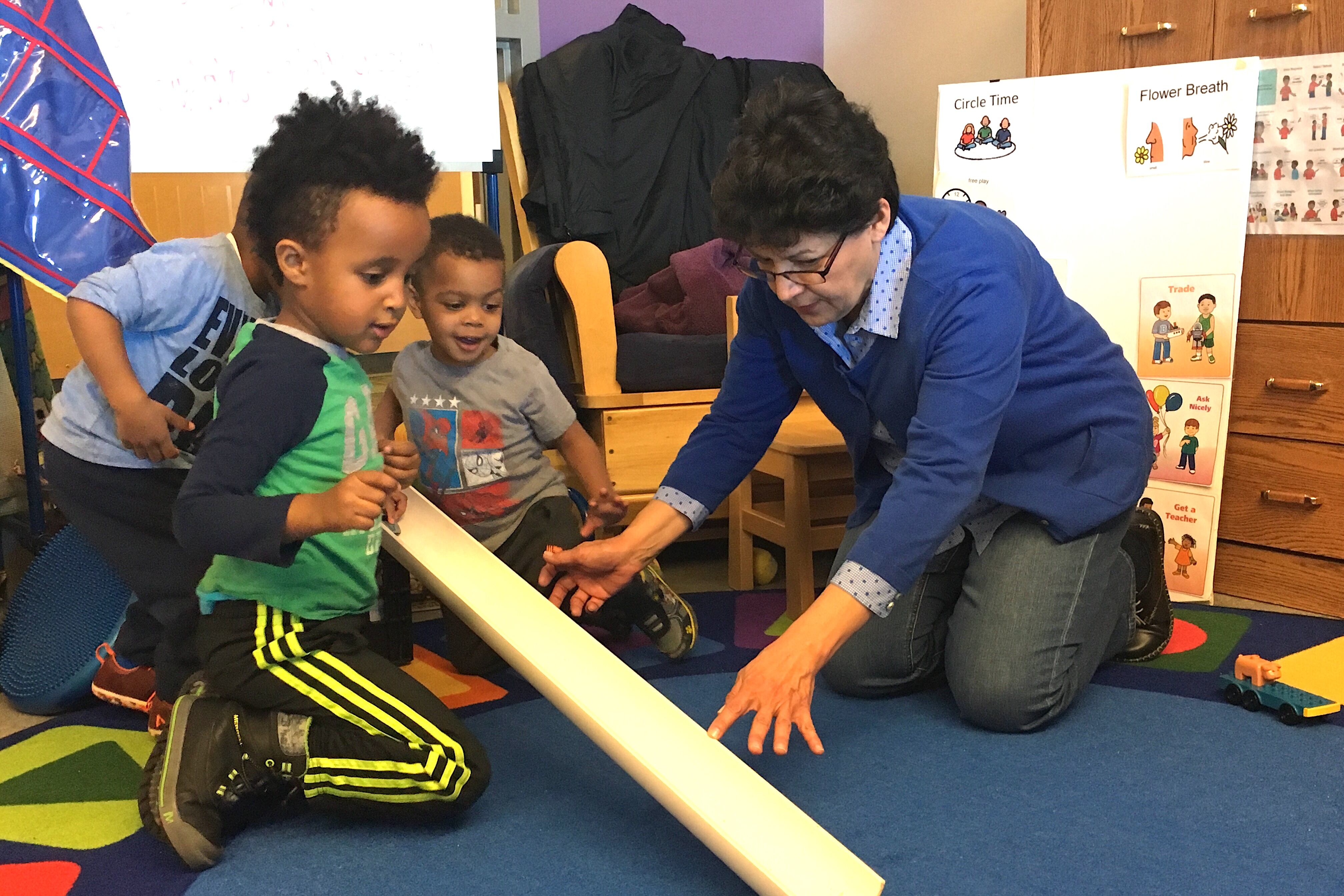Colorado could get a new stand-alone state agency dedicated to early childhood programs if lawmakers act on a recommendation approved Tuesday by a state advisory group.
The idea is to consolidate programs and services for children birth to 5 and their families in a single cabinet-level department. Currently, early childhood programs are spread among multiple state agencies, including the Department of Education, the Department of Human Services, the Department of Public Health and Environment, and the Department of Health Care Policy and Financing.
While the new agency is not a sure thing since lawmakers must pass legislation to create it, Tuesday’s vote was a momentous one for the state’s early childhood advocates. A new early childhood agency would elevate the stature of issues affecting Colorado’s youngest children and — if all goes as planned — reduce red tape and regulatory conflicts for families and child care providers.
Early childhood leaders said it’s too early to say which programs would be moved out of their current departments into a new early childhood agency, but possibilities include the state’s public preschool program and its child care subsidy program.
The Colorado Early Childhood Leadership Commission approved the recommendation for a new agency in a 16-0 vote Tuesday, with three members abstaining because they represent state departments.
Pamela Harris, a co-chair of the commission, said months of discussion about the planned expansion of Colorado’s publicly funded preschool program catalyzed the recommendation for a new agency.
The state’s education department has for years run a preschool program that serves about a quarter of the state’s 4-year-olds, but a new nicotine tax approved by voters in November will dramatically grow the program. Starting in 2023, all Colorado 4-year-olds will have access to free preschool for at least 10 hours a week.
Harris, who said she’s ecstatic about the commission’s vote, said some legislators have already expressed interest in sponsoring a bill to create a new early childhood agency. If such a bill becomes law this spring, the agency would launch in 2023 at the latest, she said.
Currently, Colorado has 19 state agencies and the state constitution allows a maximum of 20. The size of the governor’s cabinet is not limited by the state constitution or by law.
In 2013, state officials put new emphasis on early childhood by creating an Office of Early Childhood within the Department of Human Services, but that office doesn’t have as much clout as a stand-alone agency. The current recommendation goes even farther.
Harris, who leads the Mile High Early Learning network of child care centers, said creating a cabinet-level agency is “the ultimate step. It’s the next place to go in bringing support, attention, and recognition for early childhood.”
Several other states have dedicated early childhood agencies, including Georgia and New Mexico. In December, a commission in Illinois recommended a new early childhood agency for that state.
Many of the dozens of attendees who called into the Colorado’s leadership commission meeting Tuesday expressed excitement after the vote, issuing thank yous and calling for celebration.
Allegra “Happy” Haynes, a member of the leadership commission, said, “This is a historic vote … that I hope is going to lead to historic changes in this state.”
Haynes’ mother, Anna Jo Haynes, a former co-chair of the commission and a long time early childhood leader in Denver and the state, described the vote in the video call chat box as “a dream come true.”
Charlotte Brantley, the former president and CEO of Clayton Early Learning, a nationally known early childhood organization in Denver, called Tuesday the “best day I’ve experienced in my long career in [early childhood] policy and administration.”



